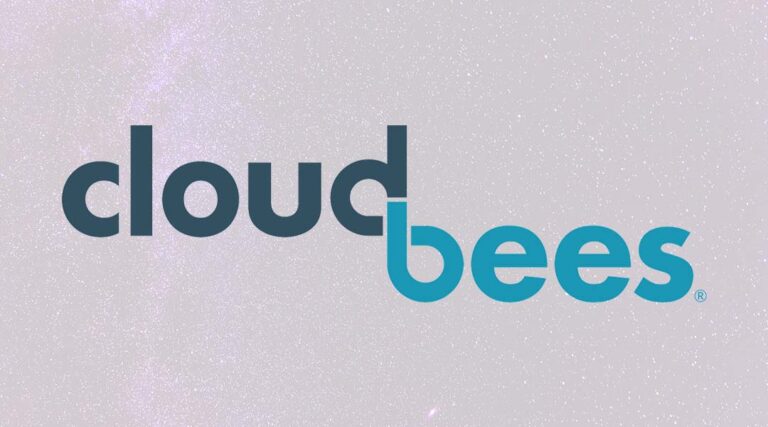
The Jenkins project has launched a plugin for AWS Lambda, with plugins for less ubiquitous serverless platforms likely to follow before too long.
The new Jenkins plugin was announced today at DevOps World/Jenkins World in Nice, and will allow devs to extend their Continuous Delivery pipelines to include serverless, by deploying AWS Lambda functions from their Jenkins pipeline automation processes.
At the same time, according to Jenkins’ announcement, it subjects serverless applications to the “same rigor of testing, compliance and security that all applications require.”
The Lambda support will be immediately available in CloudBees Core – CloudBees being to Jenkins as Red Hat is to Linux.
CloudBees’ CEO Sacha Labourey said, “For the community and for Cloudbees it’s very important to stay on top of all these things. It’s a really challenging environment…serverless is a key theme. A lot of organisations are looking at serverless.”
Labourey said as far as he was aware, Jenkins was the first CI/CD platform to have this level of serverless integration – other than AWS’ own Code Deploy.
While Lambda has dominated serverless discussions to date, Labourey said it was “looking” at the other technologies in this area, including Microsoft’s Azure Functions and the Google-backed Knative. “It’s very likely you’re going to see the same type of announcement in the future with other platforms”
Cloudbees also announced support for Google Cloud’s LDAP user management service, meaning that devs – or other relevant folk – can use their Google Cloud or G Suite IDs to access Cloudbees Core (formerly Cloudbees Jenkins).
The firm said it was “excited” about strengthening its support for Google technologies – just as it’s also strengthening its support for AWS.
Labourey said companies like CloudBees couldn’t play favourites with cloud providers. Compliance regulations in the UK mandated that a bank had to have two cloud providers to provide failover, he said: “We can’t say we’re agnostic, but only on AWS.”
Meanwhile, the Jenkins community banged the drum for itself at the conference, saying the number of Jenkins installations had grown 24.4 per cent year on year to 192,623 – with more out there that don’t return data to base. Approximately 15 million developers are using the platform, it said.
